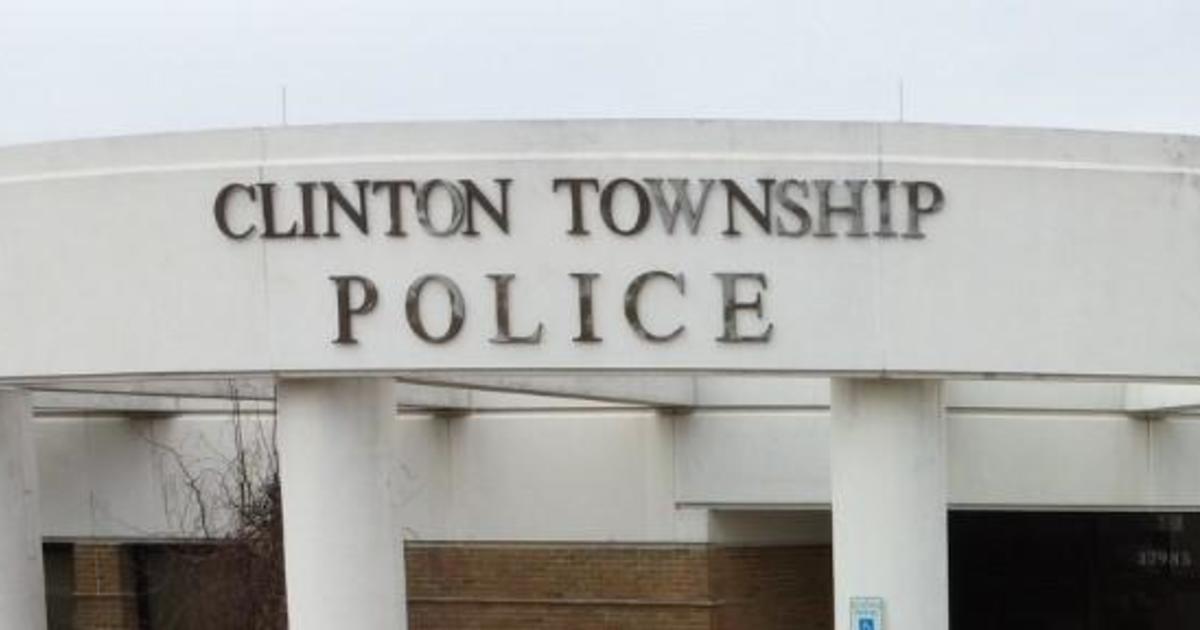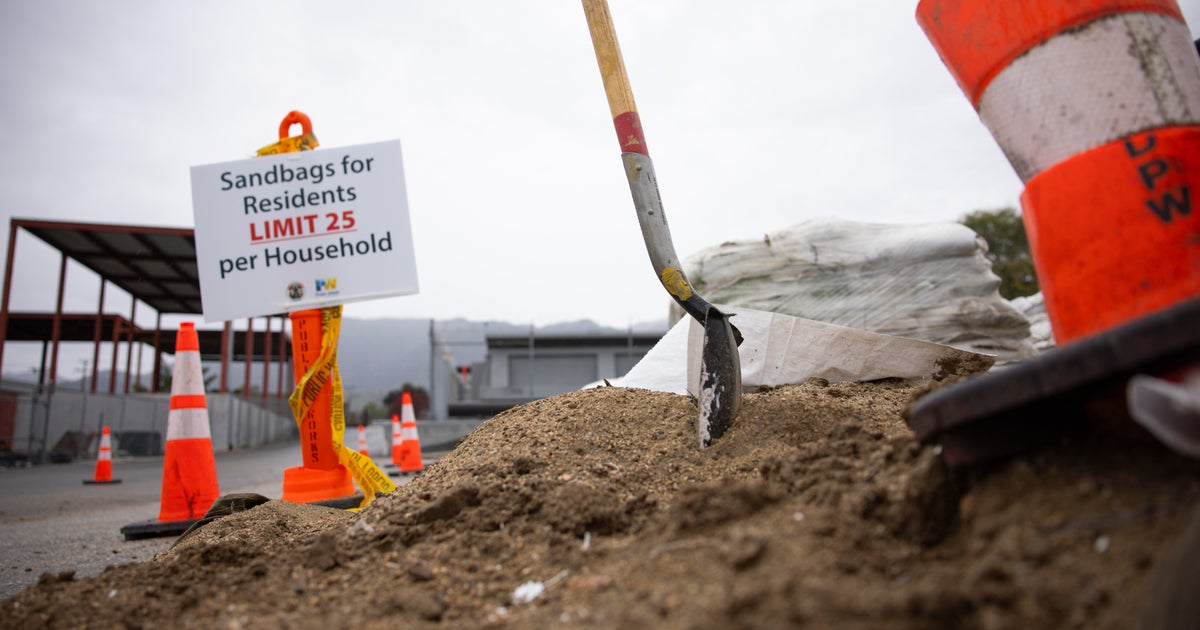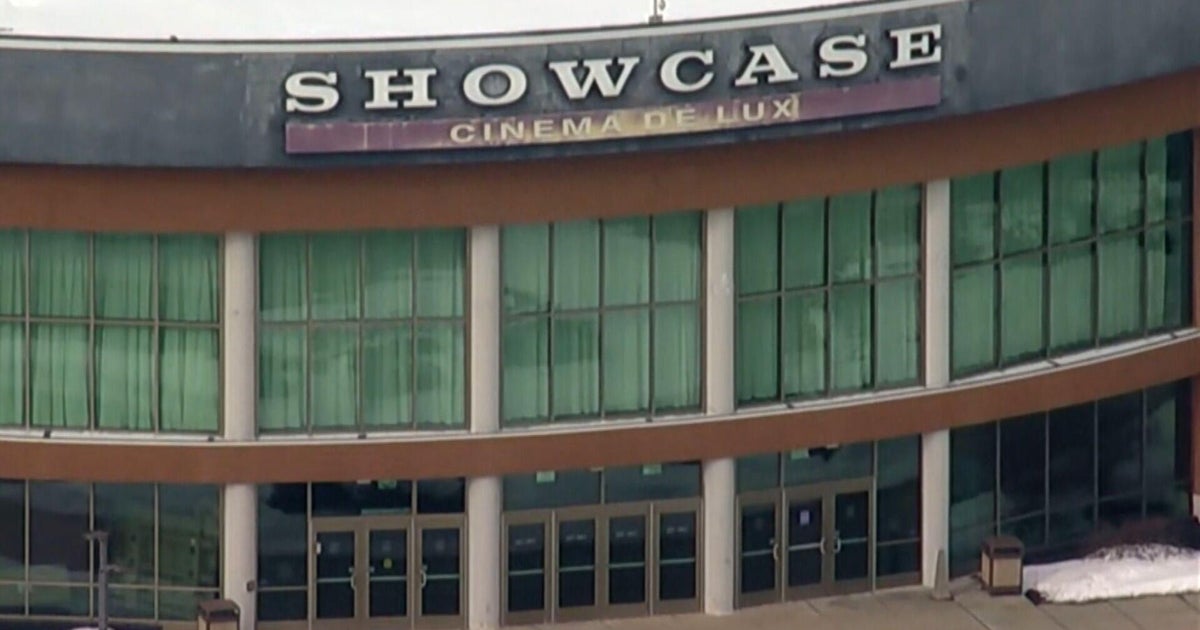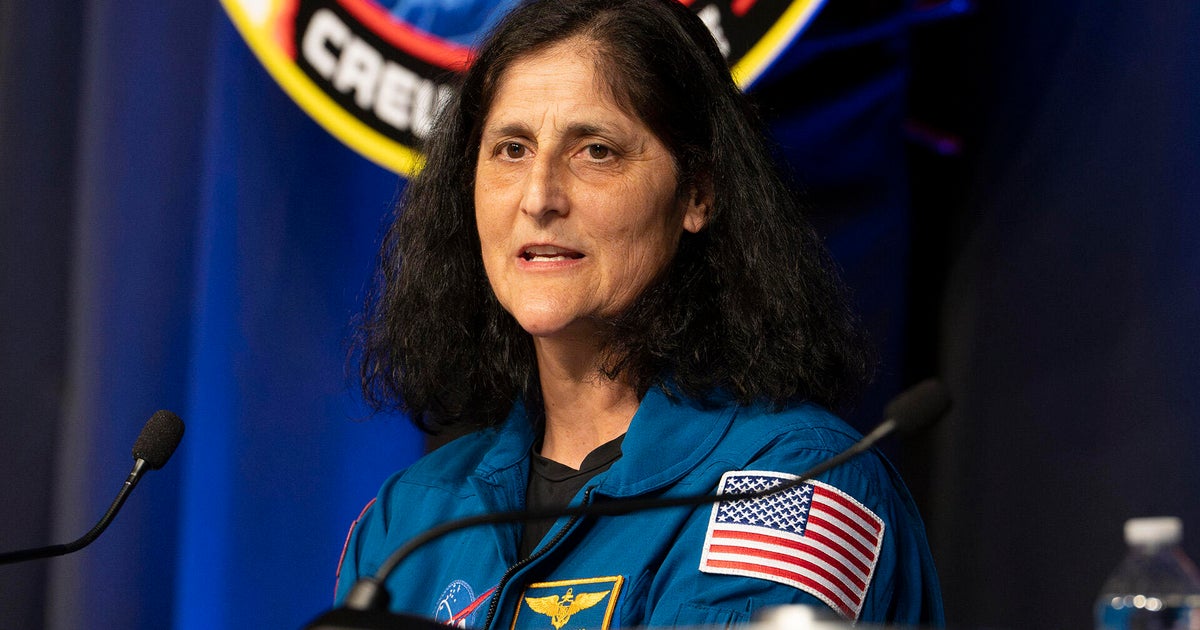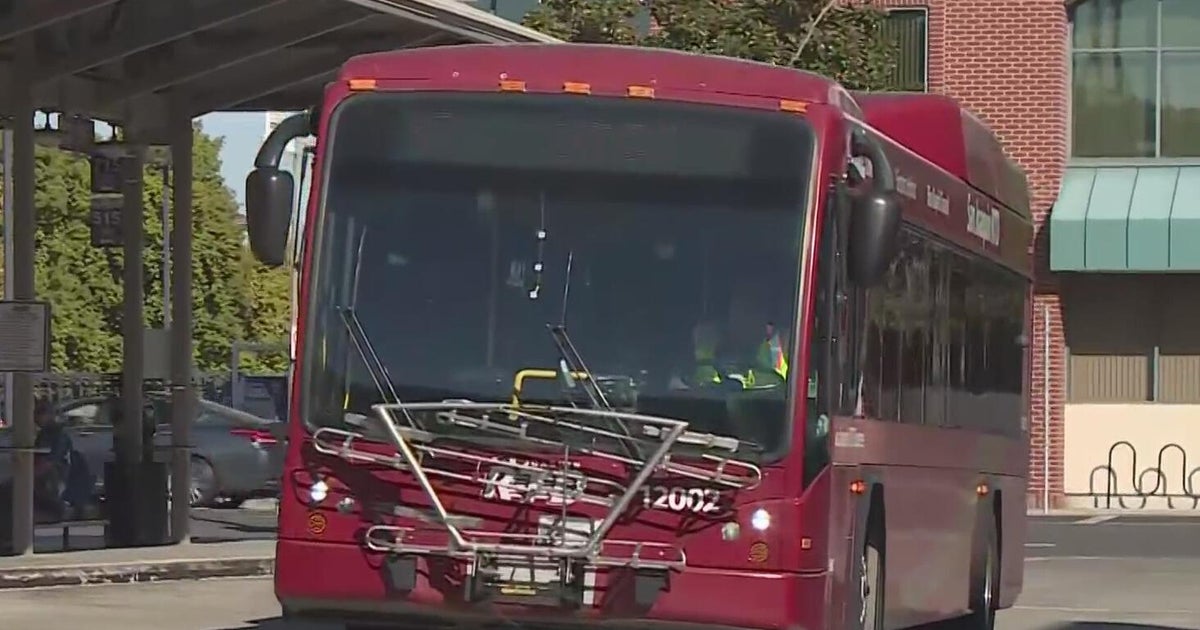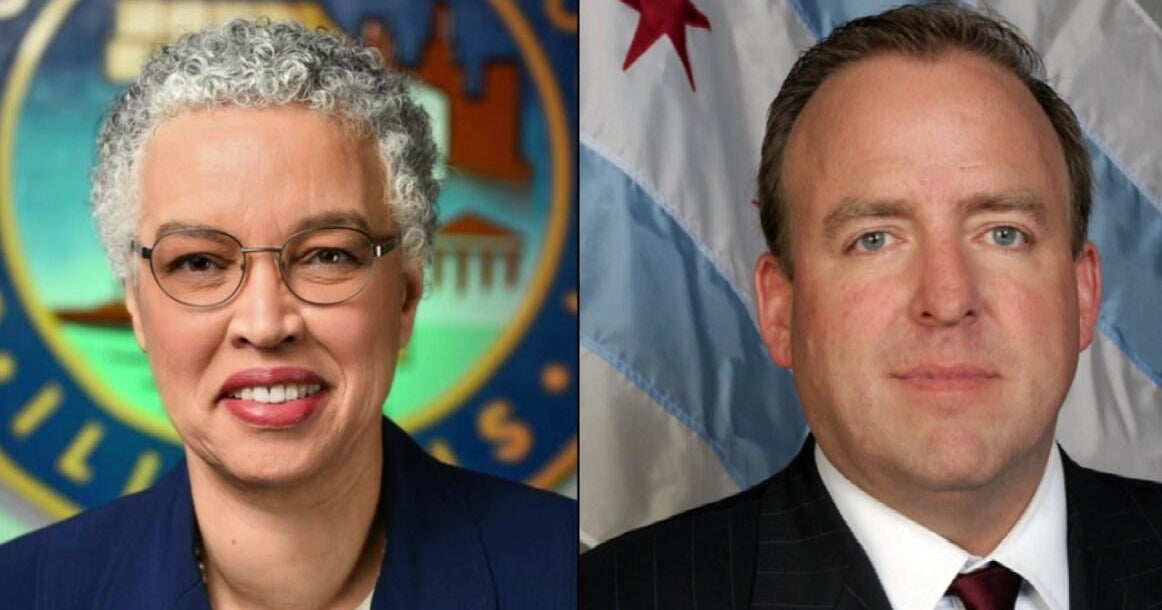Outgoing DPH Head Blames 'Single Rogue Chemist' For State Drug Lab Scandal
BOSTON (AP) — The outgoing head the Massachusetts public health agency blamed the mishandling of drug evidence at a now-closed forensics laboratory on a single, "rogue chemist," but also faulted her supervisors for failing to recognize the magnitude of the problem.
WBZ NewsRadio 1030's Karen Twomey reports
Podcast
Public Health Commissioner John Auerbach answered questions from reporters on Wednesday for the first time since announcing earlier in the week that he was resigning in the wake of the scandal, which could threaten the integrity of thousands of criminal convictions and ongoing prosecutions.
Auerbach, who has accepted a post at Northeastern University, said he felt as leader of the agency he should accept responsibility for management failures.
"I want to be absolutely clear: I accept no responsibility for the actions of a rogue chemist," Auerbach said, while adding:
"At the Department of Public Health, the buck stops with me."
Auerbach shed no new light on the actions or possible motives of the chemist, Annie Dookhan, who resigned in March and is believed to be the focus of an investigation by the state attorney general.
State officials have said Dookhan handled more than 60,000 drug samples involving 34,000 defendants over approximately eight years at the Boston laboratory.
Max Stern, president of the Massachusetts Association of Criminal Defense Lawyers, wrote in a letter to attorneys last week that he was told during a private meeting with state officials that the chemist was accused of deliberately tampering with evidence, including the weight of drug samples.
Dookhan was disciplined after failing to properly sign out 90 drug samples from the evidence room at the lab in June 2011, but Auerbach said managers believed it was an isolated instance and didn't notify higher-ups.
State police uncovered evidence that the wrongdoing was more widespread after taking control of the lab under a budget directive on July 1. Gov. Deval Patrick ordered the lab closed in August.
Auerbach said Wednesday that he did not believe lab supervisors engaged in a "cover-up."
"Our focus has been on how it was possible that such activities occurred and could have gone undetected," he said. "And we've determined that there were deficiencies in the management of the (lab), and errors in judgment when a single incident of wrongdoing was identified in June of 2011."
Supervisors missed warning signs, Auerbach said, including the unusually high volume of samples tested by Dookhan. While the agency had, like most others in state government, absorbed its share of budget cuts during the past five years, "Reductions of budgets should never be an excuse for the lack of proper oversight and quality control management in critical operations like the forensic drug laboratory," Auerbach said.
Internal emails obtained by The Boston Globe depict a disorganized lab with an overworked staff, a growing backlog of cases and one instance of a drug sample being temporarily misplaced.
In a Sept. 4, 2008, email, Julianne Nassif, director of analytical chemistry at the lab, told an unidentified employee she understood the worker's frustration and said she had scheduled a meeting with "the commissioner" and another state official later that month to discuss the lab's problems, the Globe reported.
Auerbach said Wednesday he was unaware of the reported email.
He said he felt "complete anger" that the actions of one person could cause so much harm and over the possibility that justice was not served in some criminal cases.
"I am furious at that," he said.
Copyright 2012 The Associated Press.
